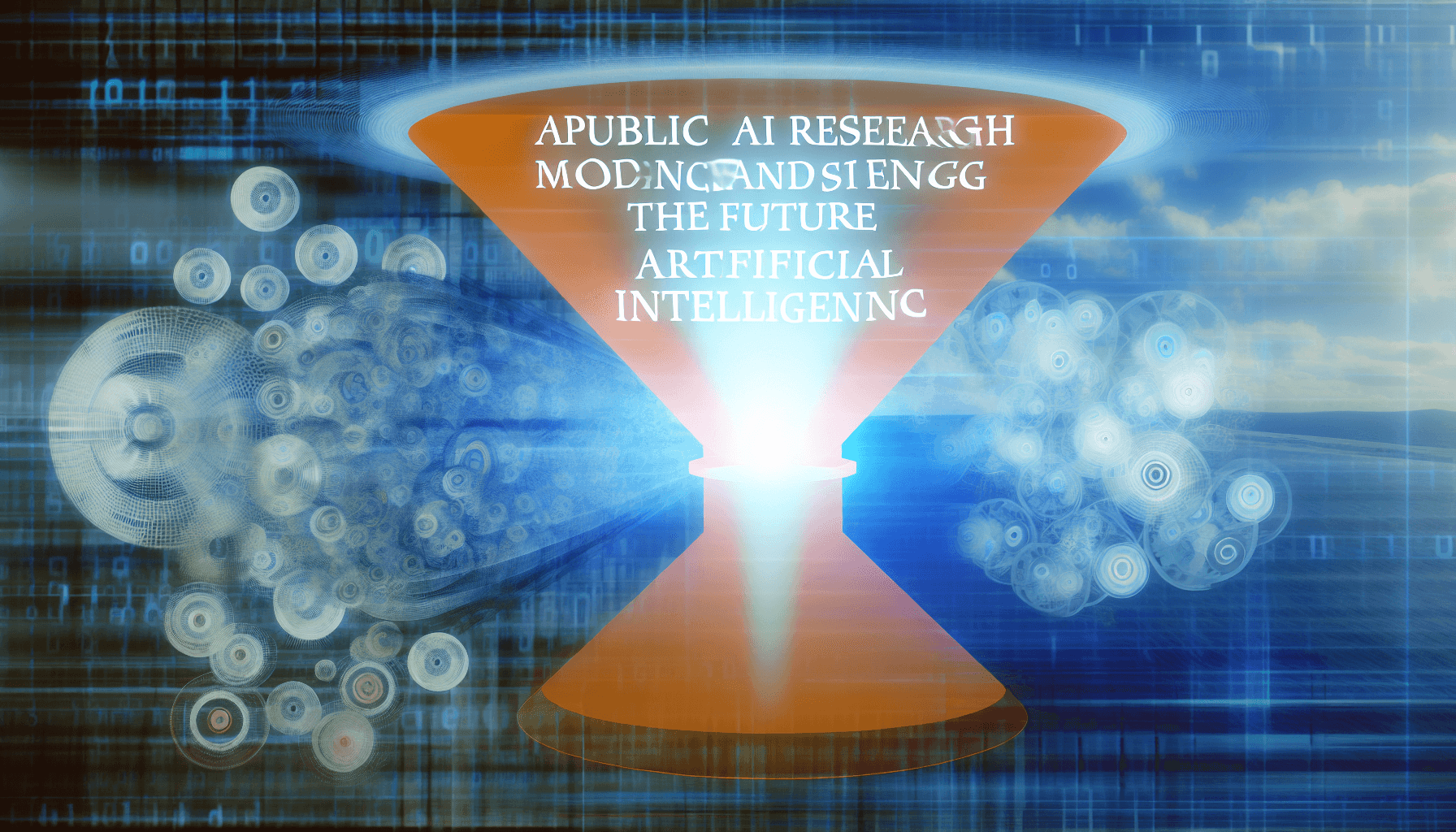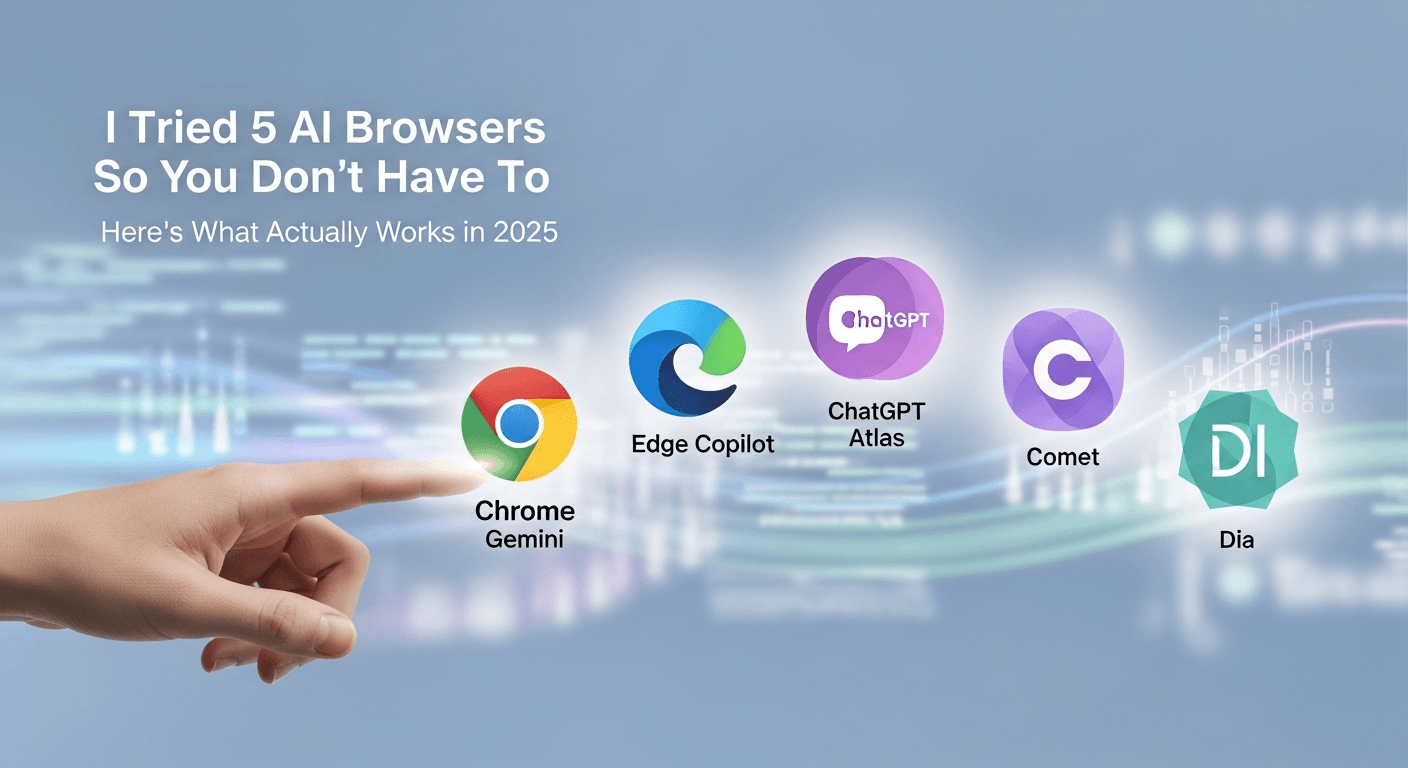
Public AI Research: Driving Force Behind the Future of AI
The Landscape of Public AI Research
Public AI research plays a crucial role in shaping the future landscape of artificial intelligence, setting foundational standards and innovations that drive technological advancements. This research, predominantly conducted within universities, public agencies, and non-profit organizations, is instrumental in advancing knowledge, fostering transparency, and ensuring the ethical deployment of AI technologies.
Core Elements of Public AI Research
At its core, public AI research focuses on fundamental and applied research aimed at solving complex societal problems. These include enhancing healthcare, advancing educational tools, improving environmental sustainability, and much more. The open nature of this research fosters worldwide collaboration and knowledge sharing, which are essential for rapid and responsible innovation.
Impact on Global Challenges
One of the most significant contributions of public AI research is its capability to address and provide solutions to global challenges. For instance, AI-driven models can predict climate patterns with greater accuracy, helping in the fight against global warming. In healthcare, AI tools developed from public research can predict outbreaks, improve diagnostics, and personalize medicine, thereby saving lives and cutting healthcare costs.
Encouraging Innovation and Collaboration
Public AI research encourages a collaborative approach to innovation. By sharing findings and resources openly, researchers can build on each other’s work, accelerating the pace of innovation. This collaboration also nurtures a diverse technology development ecosystem that includes stakeholders from various sectors, ensuring that AI technologies developed are inclusive and widely beneficial.
Challenges and Ethical Considerations
Despite its benefits, public AI research faces several challenges and ethical considerations. Issues such as data privacy, bias in AI algorithms, and the potential for unemployment due to automation need urgent attention. Developing ethical guidelines and robust regulatory frameworks in collaboration with global entities can help mitigate these concerns, ensuring AI’s positive impact on society.
Future Prospects of Public AI Research
The future of AI depends significantly on the outcomes of public AI research. Innovations such as quantum computing and AI in space exploration are on the horizon, thanks to this open and collaborative research approach. As AI continues to evolve, the public research domain will undoubtedly play a pivotal role in ensuring these technologies are used for the greater good, aligned with global standards and ethical practices.
Conclusion
Public AI research is an undeniable powerhouse in the continuous evolution of artificial intelligence technologies. By promoting openness, collaboration, and innovation, it serves as a cornerstone in the development of AI applications that are not only advanced but also equitable and ethically grounded. The insights and technologies derived from this research will continue to influence a wide range of industries and help address some of the most pressing global challenges.
‘Public AI Research: A steadfast beacon in the ever-evolving world of technology.’
Thank You for Reading this Blog and See You Soon! 🙏 👋
Let's connect 🚀
Latest Insights
Deep dives into AI, Engineering, and the Future of Tech.

I Tried 5 AI Browsers So You Don’t Have To: Here’s What Actually Works in 2025
I explored 5 AI browsers—Chrome Gemini, Edge Copilot, ChatGPT Atlas, Comet, and Dia—to find out what works. Here are insights, advantages, and safety recommendations.
Read Article


